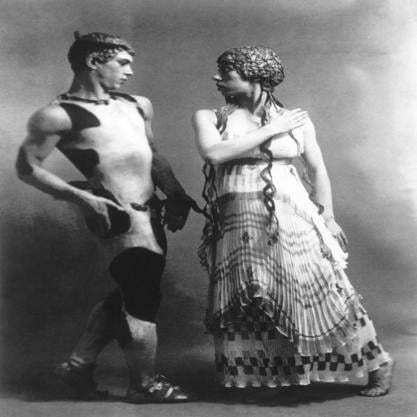Article
Esenin, Sergei (1895–1925) By Baraban, Elena V.
Article
Sergei Alexandrovich Esenin was one of Russia’s major lyrical poets. He described himself as “the last poet of the village.” Raised in a peasant family, Esenin drew inspiration for his poetry from Russian folklore, Orthodox faith, and traditional pagan beliefs that were wide-spread among peasants. Esenin’s early contemplative lyrical verse (1914–1916) idealized Russian nature and the village. The poet originally supported the October Revolution but was later disillusioned by the Bolshevik regime. In his poetry, he lamented the destruction of the traditional peasant way of life. Esenin was a founding member of the Imaginist group (1919–1924), which insisted on the primary role of the image in literature. Esenin’s poetry of the 1920s is markedly pessimistic. Following the poet’s suicide in December 1925, Esenin’s poems that expressed decadent attitudes toward life and his sensational self-destructive behaviors were criticized by Bolshevik leaders and critics as “eseninshchina” [Eseninism]. Esenin’s works were not republished in the Soviet Union until the 1960s. However, despite this unofficial ban, his poetry was always popular and often circulated in handwritten copies.


